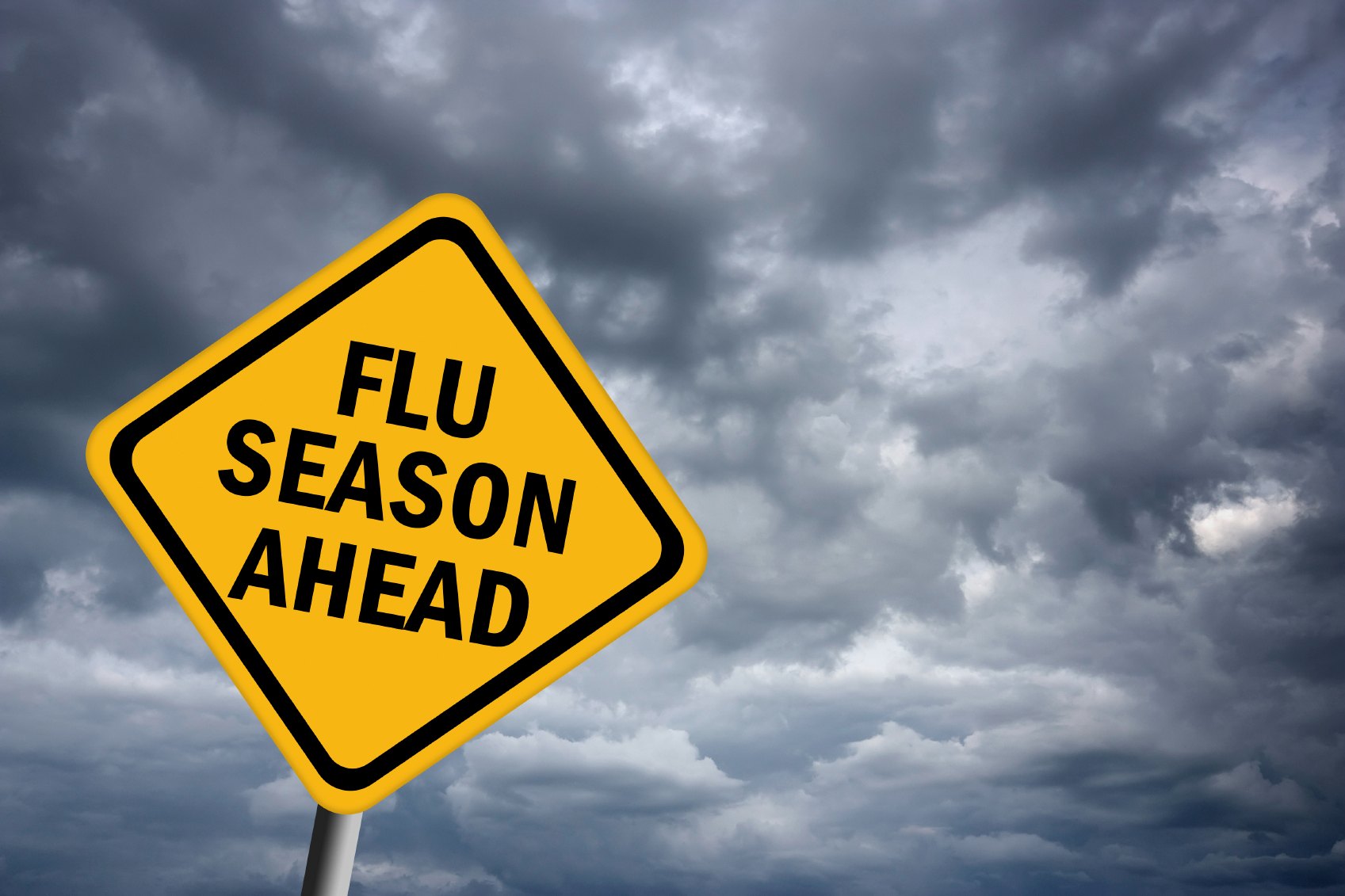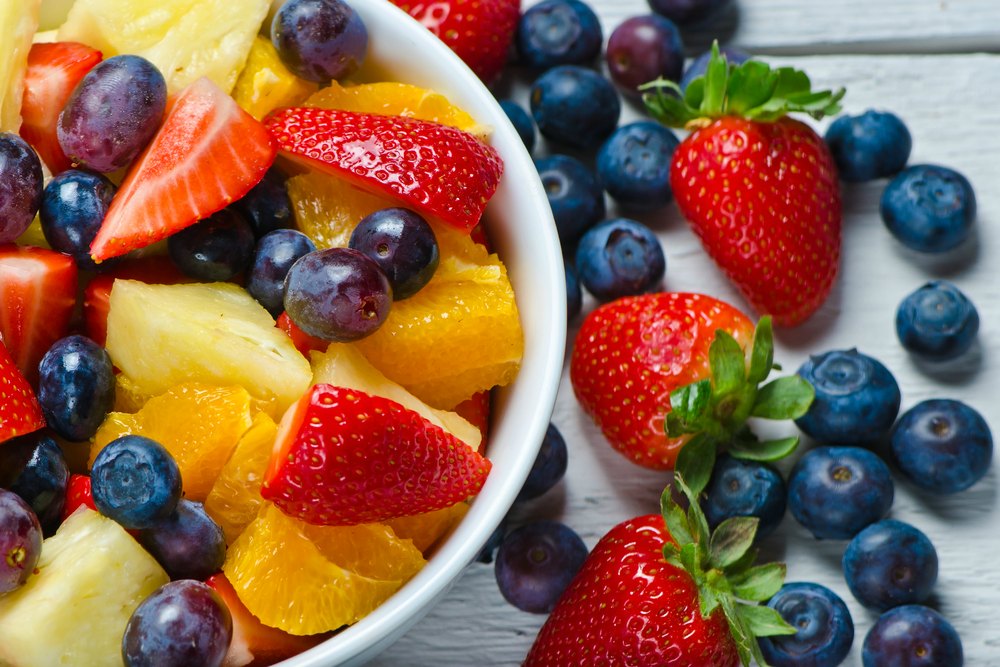
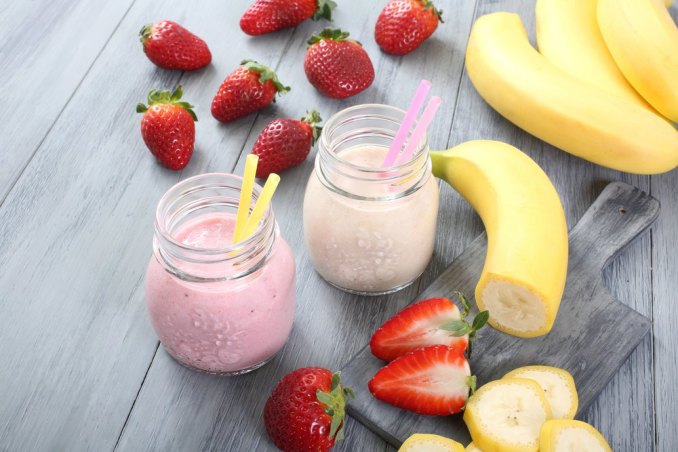
“Oooouch!”
Here we go again: the dreaded post-workout soreness (a.k.a. delayed onset muscle soreness, also known as DOMS.)
Yes, your butt (i.e. your gluteus maximus muscle) is so sore and hurts like you’ve just been run over by a truck … just as you were about to sit on the toilet bowl.
Even Maximus from Gladiator understands your pain.
So you thank your personal trainer and fitness instructor for working you so hard yesterday. Literally. You can barely move.
Despite your stiffness, you eagerly limp to a vitamin supplement store, and think “OK, I’m going to load up on antioxidant supplements to ease my pain… well at least until the next workout.”
Loading up on supplements might just get you ripped and reduce your pain…
…And it might also block your muscle growth and impair physical performance .
People like to claim that “supplements work,” and that may partially be true.
But what if you can spare the change and spend it on foods that allow you get the best of both worlds: Boost muscle growth and reduce oxidative stress without blocking antioxidant enzyme activity caused by exercising?
Dr. Michael Greger, a renowned physician, Founder member of the American College of Lifestyle Medicine, and Founder of Nutritionfacts.org, is back with us today.
If you’ve missed part one, you can read about it here.
In Part 2 of this series, we’re going to discuss:
- Why exercising causes oxidative stress and how we can reduce post-workout inflammation
- Why antioxidant supplements may not be as beneficial as you think
- The healthiest fruits and vegetables you can eat to recover faster from your grueling workout
- Why you are getting enough protein and may want to think twice about protein supplements
- The best source of plant protein for athletes
And remember, you can stay tuned for our next part here.
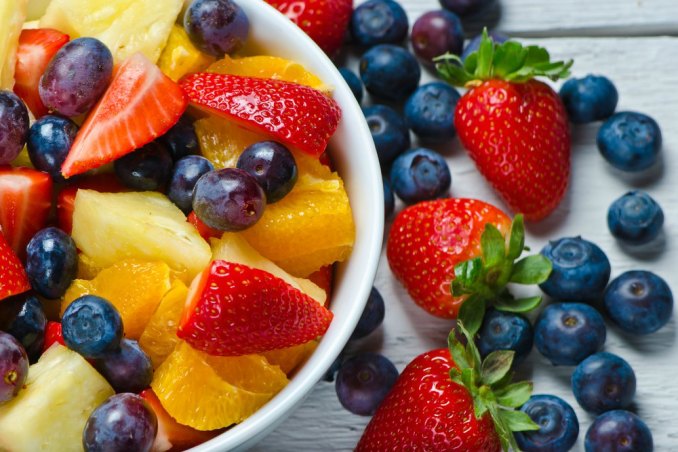
How to Reduce Inflammation Post-Workout
Q: You talked about how plant-based diet can reduce inflammation. Can you elaborate on that?
Dr. Michael Greger: Sure, if you look at any marker of inflammation, for example CRP (C Reactive Protein) levels, this is a rough indicator of the amount of inflammation one has in one’s body.
The more whole grains one eats, the lower C Reactive Protein we have. In fact, in general, the more whole plant foods, the lower levels you get in C-Reactive Proteins. CRP is the marker of inflammation.
Inflammation plays a role in many of our chronic diseases such as diabetes and atherosclerosis.
So, in general, we want to eat anti inflammatory foods. And I’m describing plant foods. It’s like the most uncontroversial statement in all nutrition is that fruits and vegetables are good for us.
What are fruits and vegetables? Fruit is the one part of the plant and vegetables is the rest of the plant.
So there’re stem vegetables like rhubarb; there are roots vegetables like potatoes; there are leafy vegetables like kale. But, basically the most uncontroversial statement in all of nutrition is eat plants.
And that’s all people are saying. It’s surprising there is so much push back.
Why Athletes Create More Oxidative Stress in their Bodies and What to Do About It
Q: In terms of inflammation, you mentioned that we create oxidative stress, DNA and muscle damage from exercising in one of your videos, and that we need more antioxidant-rich foods when we exercise regularly. Can you elaborate on that and nutrition for athletes a bit more?
Dr. Michael Greger: Free radicals, which are what we’re quenching with antioxidants, are created within our own bodies. Pollution, food, and all sort of things create free radicals.
However, literally, just metabolizing glucose, which is seen as metabolizing blood sugar to create energy to move our muscles, creates free radicals.
Just like burning fuel in the car produces exhaust, burning fuel ourselves creates these byproducts in our muscles.
As a result, we need the antioxidants to prevent this kind of oxidative stress that leads to essentially the rusting of our bodies.
If you think of rust as oxidation in metal, you can think of aging and many diseases as the oxidation or rusting of our bodies.
But, how do you keep your fruit salad from turning brown from oxidizing?
You have lemon juice. What’s in lemon juice?
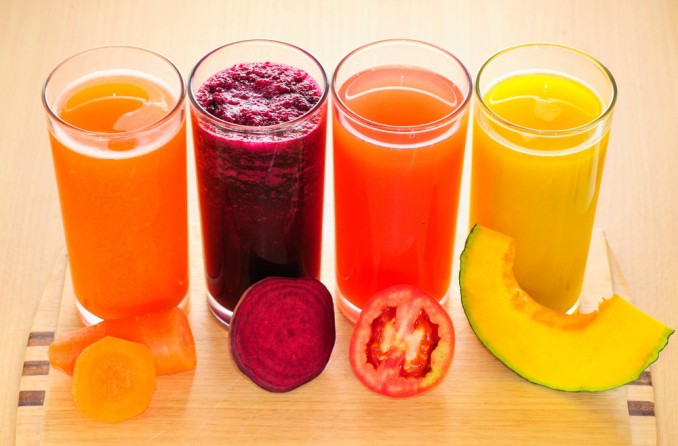
Vitamin C. It’s an antioxidant. It keeps things from oxidizing. It can do the same thing within our bodies.
If you look at marathon runners, for example. You take their white blood cells, draw up a blood sample, and look at their DNA. 10% of the cells show DNA damage.
This is ultra marathoners, like serious endurance athletes. This damage may last as much as two weeks after the marathon. The thought is because there is extreme oxidative stress by that event.
Now, adding to that, there are two types of antioxidants: Endogenous and exogenous antioxidants. Exogenous antioxidants are found in the fruits and vegetables we eat. However, we actually have antioxidants enzymes and create antioxidants within our own body.
The thought is that part of the benefits of exercise is that the oxidative stress caused by exercise can lead us to produce more antioxidants within our bodies. So, it’s a good thing in a sense that what doesn’t kill us makes us stronger.
So, maybe eating lots of fruits and vegetables to quell that oxidant stress from exercise may not be a good thing. And indeed that’s the case with antioxidant supplements.
Antioxidant supplements may actually prevent the beneficial effect of exercise: the upregulation of antioxidant enzymes. So, antioxidant supplements should not be taken.
However, I’ve tested on whole plants – fruits and vegetables – numerous times, and they have the opposite effect.
Whole fruits and vegetables are the best of both worlds. They prevent the DNA damage and oxidative stress, but you can still get that same boost in antioxidant enzymes to maximize the beneficial effects of exercise.
We should eat lots of dark green leafy vegetables and berries: the healthiest fruits.
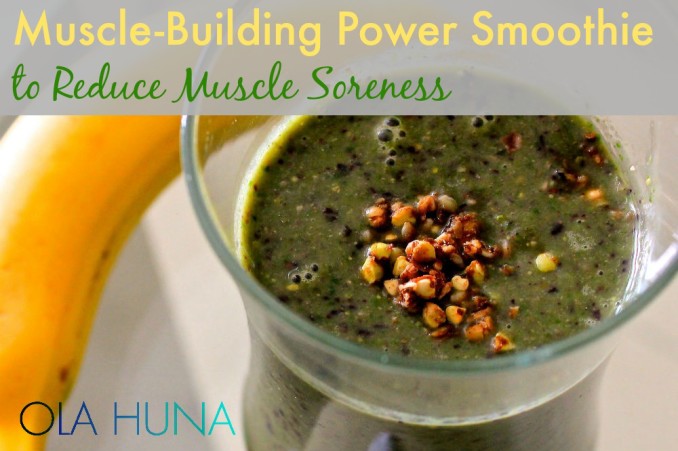
Healthiest Fruits and Vegetables For Post-Workout Soreness
Q: What about people who eat meat? What types of vegetables or fruits contain “super power” than can help omnivorous athletes prevent exercise-induced oxidative stress?
Dr. Michael Greger: For vegetables, I’d say watercress which is a particular kind of cruciferous vegetable. For fruit, it would be berries.
Basically, as many fruits and vegetables you can stuff in your face.
Let’s say broccoli is 15% healthier than cauliflower, but you really like cauliflower, not broccoli. So, what you have to do is eat six flourates of cauliflower instead instead of five florets of broccoli for that extra 15%! Differences between fruits and vegetables might be such that you just eat what you like.
I mean that’s what’s sustainable. If you hate Brussels sprouts, you’re just not going to eat them everyday for the rest of your life. You might eat them for a few days and kind of force them down.
It’s not the diet. The reason diets don’t work by definition is because they are so self limited.
You need to eat and live in a way you can really live the rest of your life this way.
You’ve got to think, what do I like to eat? What is convenient? You know, you kind of go through this.
One does not have to include exotic berries into one’s life necessarily. But, if you have the choice, the means, the access, great. You should go out and eat as healthy as you possibly can.
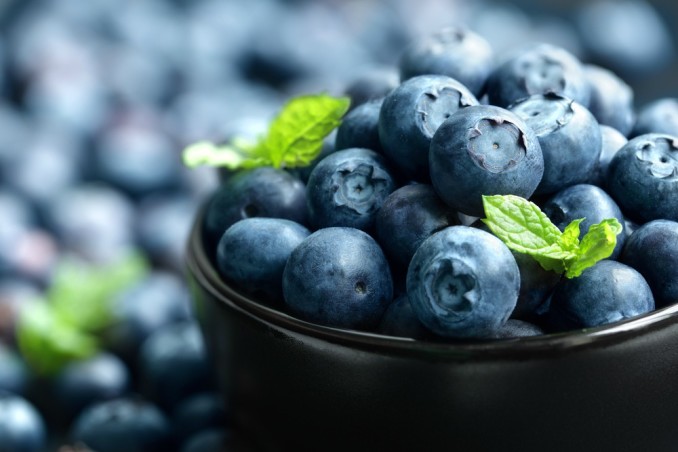
Best Source of Plant Protein For Athletes (Got Beans?)
Q: What about plant protein for athletes? What would you recommend? And would you argue that these plant proteins are better than sources like whey and meat?
Dr. Michael Greger: The plant protein super star is the legume kingdom. So they are beans, split peas, lentils, chickpeas. These are the healthiest sources.
Whole plant-based food sources of proteins are the healthiest sources.
No Way, Whey?
I do not recommend people eat protein powders and protein supplements. I think people are just being brainwashed by this multi-million perhaps billion dollar industry of athletic supplements.
You’re getting your protein; we’re not deficient in protein.
What we need is all these other wonderful nutrients. We are not getting enough potassium; we are not getting enough fiber.
However, such nutrients are found in the food, in the plant foods that provide protein. You’ve got to think about the baggage that you want to come along with your food.
Food is a package deal. And so, I encourage people to eat whole foods rather than just isolating out of protein supplements.
This brings us to the end of part 2. In the next parts, we’ll be addressing:
- Controversial health foods (Is soy good for you? What about spirulina?)
- Nuts (Can nuts make you fat?)
- More on supplements (What are the must-haves?)
Stay tuned for updates on the next part here.
About Dr. Michael Greger: Dr. Michael Greger is an internationally renowned physician specialising in clinical nutrition, author, and globally recognised professional speaker on on various public health issues. Dr. Greger’s work can be found at NutrionFacts.org
Cat Photo Courtesy of Popsugar.com



